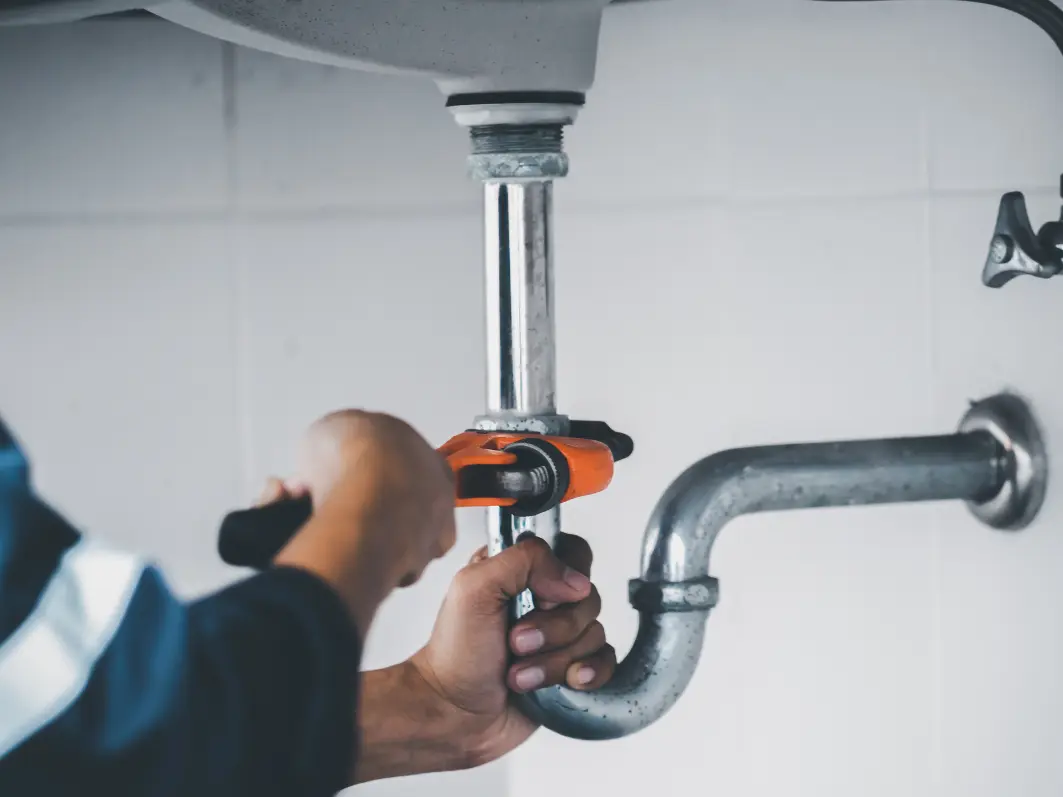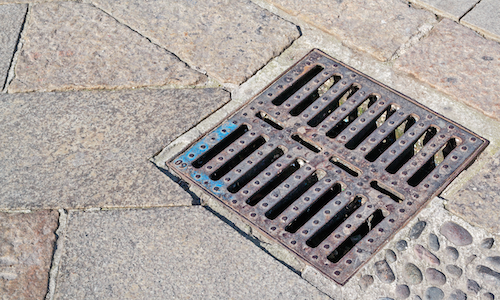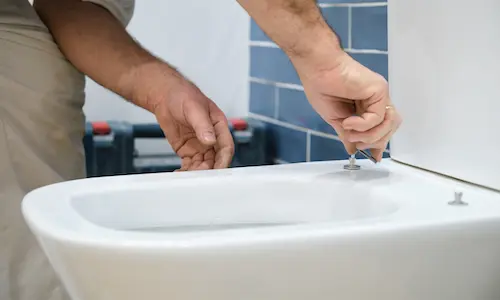Curious about what a plumber charges? Have a plumbing issue and not sure who to call or what the call-out fee will be? We’ve compiled a snapshot of the general costs of hiring a plumber, what they can fix, and estimated charges on some typical domestic plumbing jobs to give you an idea of what to expect.
Plumber cost summary 2025
The table below shows the hourly rates for a plumber based on national averages:
| Location | Hourly Rate | Call Out Fee |
|---|---|---|
| National Average | $100 - $150 | $60 - $100 |
Factors affecting hourly rates include capital city and suburb locations, where inflated markets, increased competition or heavier demand for trades cause fluctuations in trade rates.
Call-out fees may be impacted and increased by urgent work or emergencies, holidays, weekends, late nights, and extended travel. Emergency call-outs in the evening can be upwards of $300.
Higher call-out fees or increased hourly rates for emergency work may also be referred to as overtime in the plumber’s fee structure, while some plumbers will include the first hour’s work in their call-out fee.
Further costs that may be incurred include:
- Camera charges p/hr for pipe/drain investigation
- Electrical fees
- Drain machine hire
- Leak detection equipment
What can a plumber fix?
Image credit Gary Renouf Plumbing
We all have a basic knowledge of what a plumber can do, but for the sake of our cost summary, let’s outline a few of the most general plumbing services:
- Install and maintain water supply and pipe/drainage systems
- Install & supply taps/sinks/showers/toilets
- Hot water system installation
- Sump pumps & sewer systems
Some plumbers also install and maintain gas supply and regulation, while others specialise purely in this area.
Costs of common domestic plumbing issues
The most common domestic plumbing issues are (with average cost)*:
| Service Type | Average Price |
|---|---|
| Blocked drains | $80 - $200 |
| Blocked or leaking toilet | $150 - $300 |
| Dripping taps | $70 - $150 |
| Toilet, sink or bath installation | $160 - $550 |
| Hot water install / replacement | $1200 - $4500 |
| Entire house re-plumbed | $6000 - $12000 |
| Leaking shower repair | $60 - $120 |
| Showerhead installation | $50 - $118 |
| Solar hot water install / replace | $3500 - $12000 |
| Entire drainage system replacement | $5000 - $20000 |
*Prices are approximate only and may not include emergency rates or call-out fees.
In most cases, the issues can be addressed during ‘business hours’ without too much household disruption, giving you time to source and book a highly-rated plumber for the repairs.
What constitutes a plumbing emergency?
Water can cause serious damage to your property. Depending on the source of a leaking or broken pipe, damage can be done to the house foundations, walls, carpets, electrical wiring or fittings.
Plumbing issues involving foundation damage or poor waterproofing can also be significantly more costly, especially if underpinning or structural repairs are required.
Leaking or burst pipes are a safety hazard, particularly around appliances in the home.
Emergency plumbing issues, such as a broken toilet, failing hot water system, or sewerage in places it shouldn’t be, may also pose a serious risk to health.
In any of these situations, a plumber should be called immediately:
- Burst or broken pipe
- Backed up or leaking toilet/sewer
- Gas leak
- Roof leak
Whilst the emergency call out fee will likely apply, it will be offset by preserving building integrity and minimising health concerns/exposure from serious plumbing issues.
Finding the best local plumber
Image credit Silver Water Plumbing
How can you trust a plumber you haven’t booked before? How do you choose one from another? There are a few ways Australian plumbing businesses can demonstrate trust, industry credentials and high quality in the work they perform.
Licensing & insurance
Each state and territory requires trained plumbers to be licensed before performing paid work, ensuring business owners and their staff meet minimum industry qualifications.
While most plumbers will opt to obtain insurance, Victoria, for example, requires proof of relevant insurance before a plumbing licence is issued or renewed by the Victorian Building Authority. Additional qualifications and licensing are required for plumbers working with natural gas. Your plumber should be able to produce proof of the required licensing and insurance on demand or, better yet, have it published on their website or quote documents.
In addition to state-based licences, your plumber may be a member of the Master Plumbers Association within your state. This is another green flag and a sign of quality work that meets industry standards.
Warranty
Quality plumbing businesses offer a warranty, usually 3-12 months, depending on the work and scope involved, to offer greater certainty for clients. Parts used by the plumber may carry a more extended warranty provided by the manufacturer. If unsure, ask your plumber before confirming a booking.
Reviews
Word of mouth and online trust are built around 5-star business reviews. You should choose a plumber with a strongly reviewed profile indicating a track record of quality work and good value for money. Comparing reviews is a great first step to choosing a first-time trade in any industry.
Back to topFAQs
Each plumbing business will have their own fee structure and payment options, however most will issue an invoice upon completion with 7 day payment terms.
If your plumbing issue isn’t an emergency or is a larger job, a free written quote will likely be provided, assuming all the required information can be gathered without cost (i.e. site inspection or equipment hire).
Yes, however, plumbers working with fire prevention or safety equipment will likely require additional licensing from their state’s building authority.


